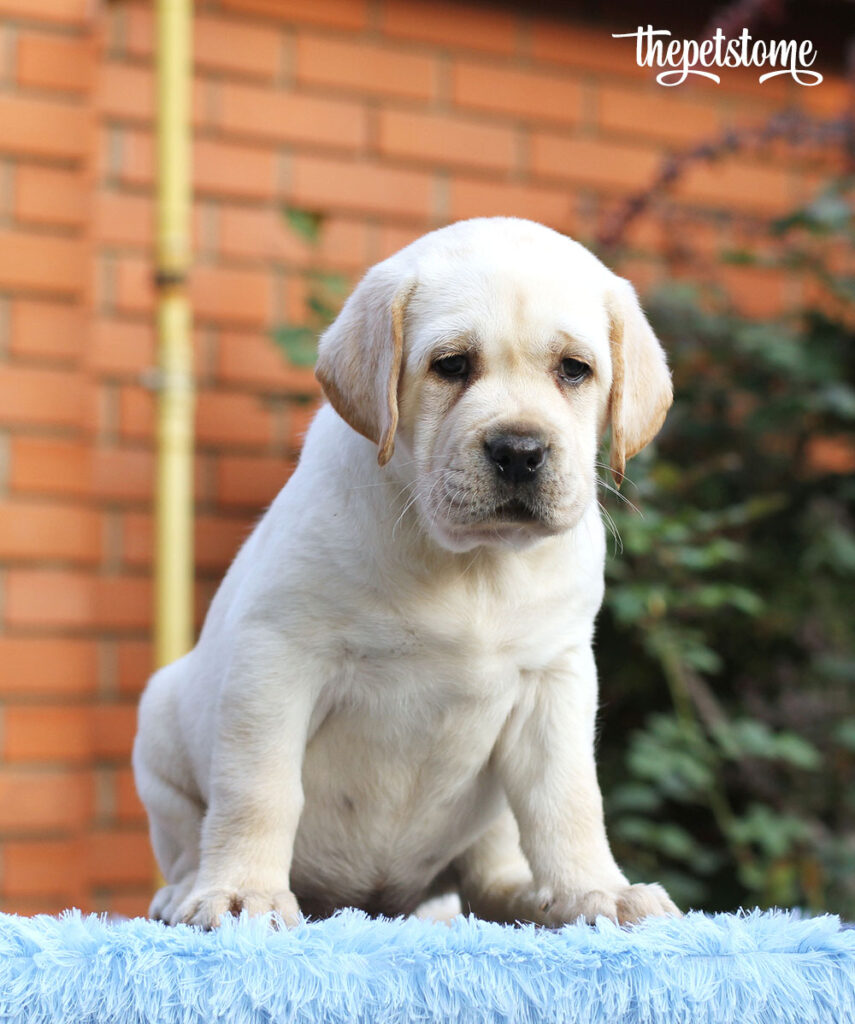Bringing a new puppy into your home is an exciting experience, but it can also come with its fair share of confusion. One behavior that might leave you scratching your head is when your puppy decides to sit on your older dog’s head. It’s natural to wonder why your puppy is doing this and what it means for their relationship. In this article, we’ll explore the reasons behind this behavior and provide tips on how to ensure harmony between your furry companions.
Why Do Puppies Sit On Other Dogs’ Heads?
Puppies sitting on older dogs’ heads is a common behavior, although it can be perplexing. Here are a few reasons why your puppy might prefer to sit on your older dog’s head:
1. Mimicking Their Mother’s Behavior
Puppies often sit on their mother’s head to encourage her to regurgitate food or breast milk for them. When they find themselves in a new environment, they may instinctively try to replicate this behavior with their older housemates.
2. Seeking Comfort
Puppies feel more at home when they’re in the company of other pets, such as cats or dogs. Sitting on your older dog’s head may provide them with a sense of comfort and security.
3. Playfulness
Puppies love to play and explore their environment. Their playful nature is likely why your new puppy doesn’t hesitate to sit on your older dog’s head.
4. Establishing Dominance
In rare cases, some puppies may sit on your older dog’s head as a way to assert dominance. This behavior is more common among puppies that haven’t been properly socialized to respect hierarchy. It’s important to closely supervise this behavior to prevent any aggression or maliciousness towards the older dog.
How To Tell If Your Older Dog Is Angry About This Behavior
While some older dogs don’t seem to mind a puppy sitting on their head, it can potentially annoy others. It’s essential to monitor your older dog’s demeanor to avoid any potential harm. Here are some signs to look out for:
Body language: Watch your older dog’s tail and ears. If they’re wagging their tail and appear relaxed, they likely enjoy the puppy’s gesture. However, if their tail is stiff and low, and their ears are back, they may be annoyed.
Vocalization: Pay attention to your dog’s vocalizations. Warm and inviting sounds or playful barks indicate that they’re enjoying the attention. However, growling and snarling in a low tone suggest that your older dog is about to lose patience with the puppy.
Facial expression: Take note of your older dog’s facial expression. A relaxed face with an open mouth indicates happiness, while squinted eyes and displaying teeth or fangs show frustration.
Reaction to physical contact: Observe how your older dog responds to physical contact with the puppy. If they move away or growl, they’re likely angry. On the other hand, if they initiate contact and seem content, they don’t mind the puppy’s presence.
How To Curtail This Behavior
While it’s normal for puppies to play and seek attention by sitting on older dogs’ heads, it’s important to keep this behavior in check, especially if your older dog is becoming frustrated. Here are some tips:
Monitor your puppy’s behavior: Keep an eye on how your puppy interacts with your older dog and intervene if necessary.
Train your dog to respect boundaries: Teach your puppy to respect personal space and redirect their attention with toys and games.
Separate them when needed: If the behavior becomes problematic, consider keeping your older dog in an area where your puppy can’t access.
Properly socialize your puppy: Ensure your puppy receives proper socialization, so they understand and respect social hierarchy.
Frequently Asked Questions
Coming soon…
Conclusion
While sitting on an older dog’s head may seem harmless, it’s important to pay attention to your older dog’s reaction. This behavior can potentially strain their relationship. By monitoring their interactions and taking steps to curtail any negative behavior, you can ensure a harmonious living arrangement for both your puppy and older dog. For more information on dog behavior and care, visit Pawsoha.
